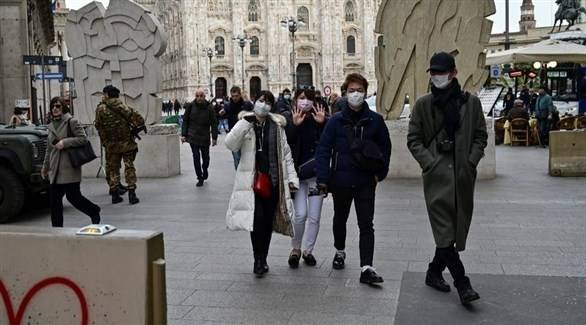The COVID-19 pandemic reduced the average life expectancy in Italy by 1.2 years in 2020, and by more than four years in some of the most affected provinces, according to the National Institute of Statistics announced on Monday. The institute stated, "In 2020, the outbreak of COVID-19 and the resulting sharp increase in mortality risks led to a sudden halt in the growth of life expectancy at birth that had prevailed until 2019, resulting in a decrease of 1.2 years compared to the previous year."
In 2020, the average life expectancy at birth was 82 years: 79.7 for men and 84.4 for women, compared to 81 and 85.3 in 2019.
The difference varies significantly by region. In the cities of Bergamo and Cremona (in the north), the average life expectancy for men decreased by between 4.3 and 4.5 years, and for women by 3.2 and 2.9 years. In contrast, the reduction in average life expectancy was less in Foggia (south) and Enna in Sicily (-1.7 and -1.5 respectively). Only Siena (central) recorded no change (83.7 years).
The pandemic has led to the deaths of 129,515 people in Italy, half of whom were in the northern regions (Lombardy, Piedmont, Liguria, Umbria, and Veneto), which house only 36% of Italy's 60 million population. Italy was the first European country to experience the outbreak in February 2020. The virus quickly spread in Lombardy, the country's economic center, which became a major global epicenter for a time.
So far, more than 79 million vaccine doses have been administered, with 71.65% of individuals over the age of 12 fully vaccinated, according to the latest data released by the government on Monday.




